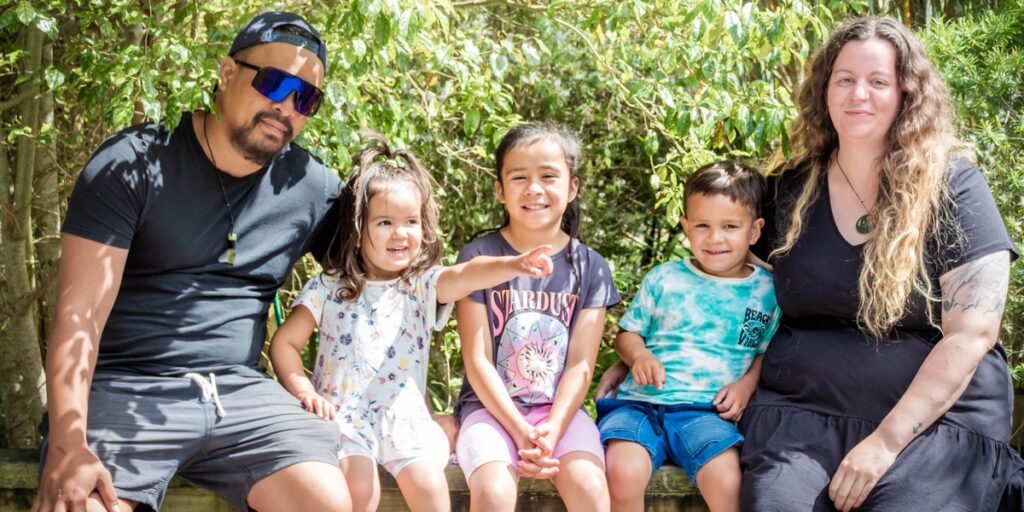Government’s first action plan failing to get result say frontline workers.

Nationwide efforts to combat family and sexual violence in Aotearoa are making little progress to overcome family harm and sexual violence, reports a recent RNZ article, with government agencies blamed for poor access to services.
The government is launching a second action plan in December 2024, under the 25 year-long Te Aorerekura strategy.
However, findings in a new government report include significant negative feedback about the results of the first three years of Te Aorerekura, the 25-year ‘eliminating violence’ strategy which has cost $70 million in its first three years.
The report quotes many social services kaimahi, who believe that some policies have in fact reduced or removed services and funding. While there was some positive feedback from non-government organisations and advisory groups, most feedback showed poor access to services overall, and a lack of tailored services.
Of real concern to Te Whare, the report showed that overall rates of family or sexual violence were largely flat or rising. While the report admitted much of its data was not thorough, it noted a significant increase in sexual violence against four groups:
- Māori (25 percent)
- Girls (28 percent)
- Disabled and LGBTTQIA+ people (32 percent).
One bright spot was a significant drop in teenagers experiencing violence at home. This has halved in two decades to 10 percent, crime data in the report showed.
Three of the six key goals of the strategy recorded considerable negative feedback from workers on the frontline – with the nine government agencies involved accused of not doing enough in the first three years – or actually doing harm.
What’s more, many kaimahi felt that their feedback was not actioned by government agencies, or they were left out of service design and were just ‘told what to do’ by government agencies.
“Many social services agencies are concerned that government organisations are not seen to be enabling tangata whenua and community-led family violence and sexual violence initiatives,” says Elizabeth Walker, CEO of Te Whare Ruruhau o Meri Trust.
“While we welcome Te Aorerekura and a long-term, inter-agency effort to decrease family harm and sexual violence, we agree that the second plan needs to focus on areas in which we can make the biggest difference,” she points out.
“More work also needs to be done to ensure data is robust, so we can all measure our mahi and ensure we’re creating better outcomes for the vulnerable New Zealanders we work with.”
You can learn more about the report’s findings here.
